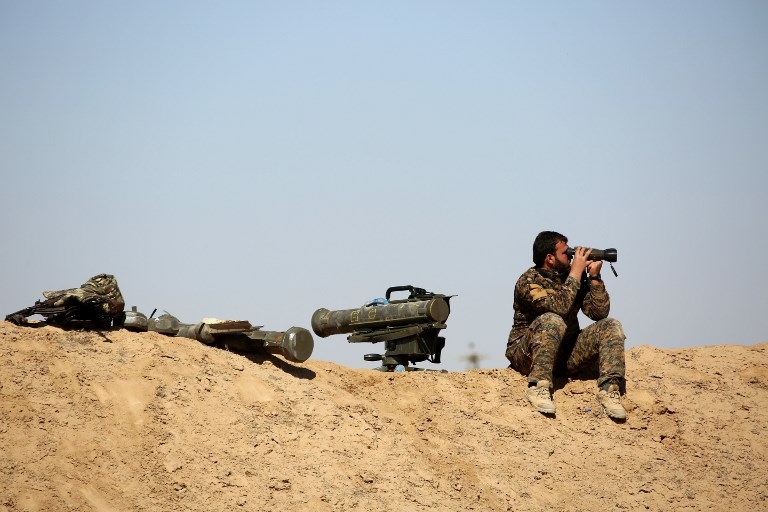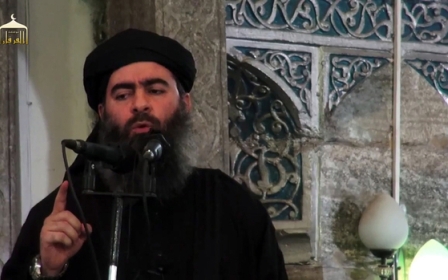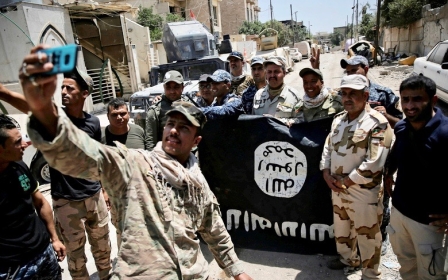Russia claims it killed two more Islamic State commanders in Syria

The Russian defence ministry said on Saturday it had killed two Islamic State (IS) field commanders, named as Abu Omar al-Beljiki and Abu Yassin al-Masri, in air strikes near the eastern Syrian city of Deir Ezzor, Interfax news agency reported.
The statement came a day after Russia said it may have killed IS leader Abu Bakr al-Baghdadi in an air strike last month. Washington said it could not corroborate Baghdadi's death and Western and Iraqi officials were sceptical.
The Russian defence ministry said on Saturday it killed about 180 militants and the two commanders al-Beljiki and al-Masri in air strikes around Deir Ezzor on 6 June and 8 June.
Hisham al-Hashimi, a Baghdad-based expert who advises several Middle East governments on IS affairs, said he was sceptical about Russia's claim on Saturday.
He said Abu Yasin al-Masri is the same person as Abu al-Haj al-Masri, who the Russians on Friday said they killed near Raqqa in May.
Al-Hashimi said the other IS leader, al-Beljiki, was unlikely to have been in Syria at the time of the attack.
"The Russians are trying to improve their record fighting Daesh as it was the Americans who have killed the top commanders of the group so far, like Abu Omar al-Shishani, Abu Muslim al-Turkmani, Abu Mohammed al-Adnani and Abu Ali al-Anbari," he said, using an Arabic acronym of Islamic State.
"If (Russia's) announcements prove wrong, their credibility will be hurt," al-Hashimi said.
IS militants are close to defeat in the twin capitals of the group's territory, Mosul in Iraq and Raqqa in Syria, after nearly three years ruling over millions of people in a wide area in both countries.
A US-led coalition is assisting Iraqi forces in the Mosul battle and supporting the Syrian Democratic Forces, which includes Arab and Kurdish militias, in Raqqa.
Having been forced into retreat across much of Syria, IS's biggest remaining foothold in Syria is in the eastern province of Deir Ezzor.
Middle East Eye propose une couverture et une analyse indépendantes et incomparables du Moyen-Orient, de l’Afrique du Nord et d’autres régions du monde. Pour en savoir plus sur la reprise de ce contenu et les frais qui s’appliquent, veuillez remplir ce formulaire [en anglais]. Pour en savoir plus sur MEE, cliquez ici [en anglais].




